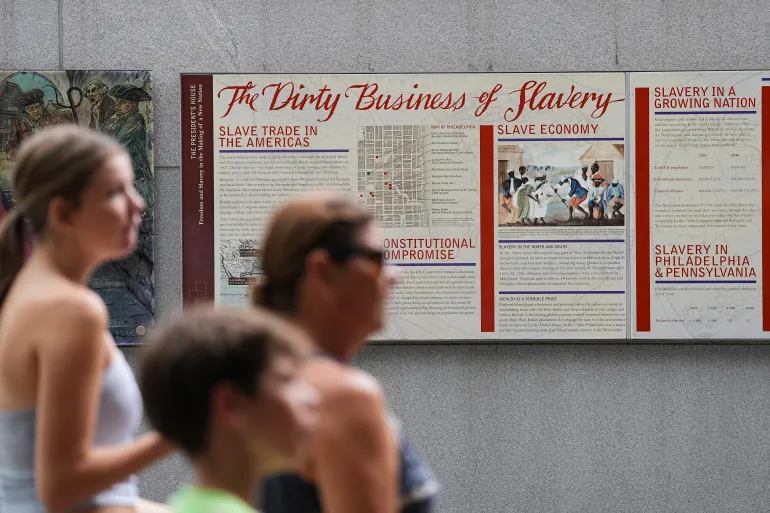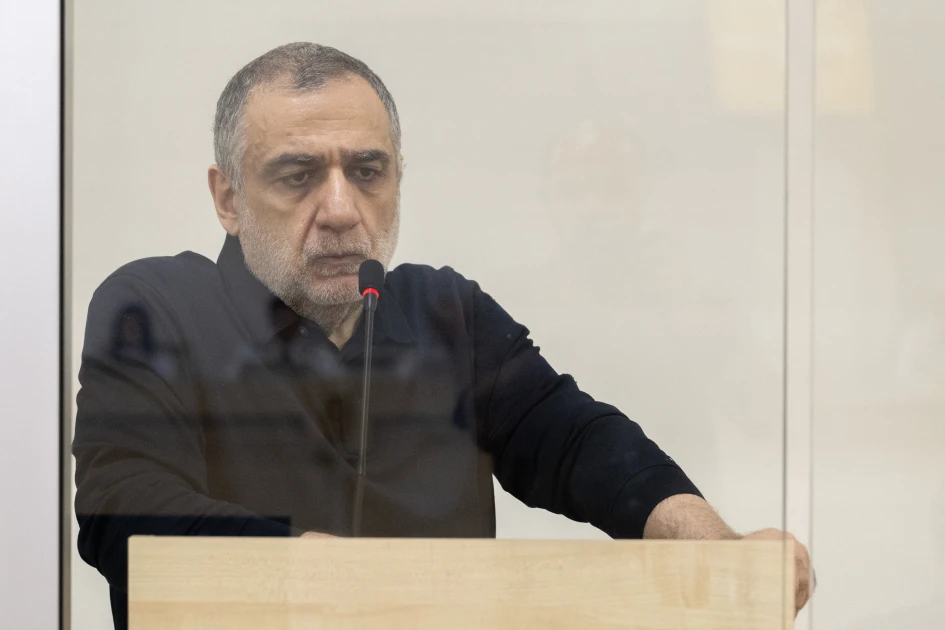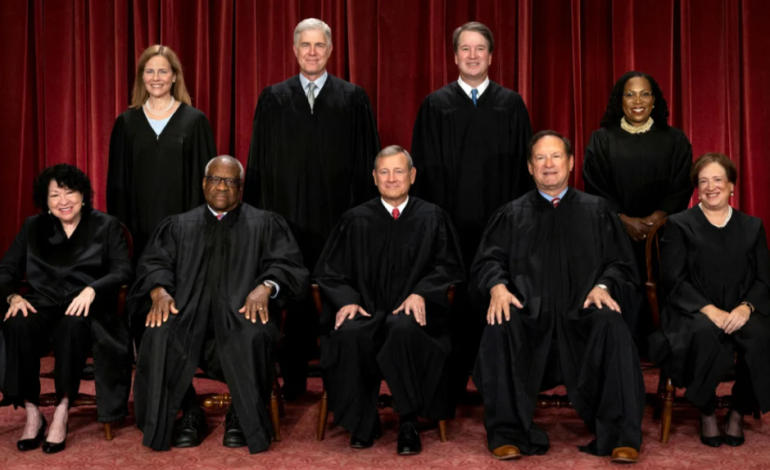The US Supreme Court’s ideological divide was on full display Tuesday during a tense hearing concerning the role of religion in public school curricula, CNN reports.
At the center of the debate was whether parents have the right to remove their children from classes that include books with LGBTQ themes, reflecting a broader and longstanding conflict on the Court over the intersection of religion and government policy.
The case, Mahmoud v. Taylor, involves parents challenging a Montgomery County, Maryland, school board policy that included LGBTQ-themed storybooks in elementary school classrooms. The parents argue that the teachings in these books conflict with their religious beliefs, particularly regarding issues of gender and sexuality, and seek the right to withdraw their children from such lessons.
The courtroom drama highlighted the deep divisions between the Court’s conservative and liberal justices. The six-justice conservative majority, which has grown more influential in recent years, voiced strong concerns about protecting religious liberty, while liberal justices cautioned about the implications of granting broad opt-out rights for parents.
Justice Brett Kavanaugh, a lifelong resident of Montgomery County, strongly articulated his belief in religious liberty. He pointed out that Maryland has a long history of religious tolerance, dating back to its founding in 1649.
“I’m surprised,” Kavanaugh remarked to the lawyer for the school board, “that this is the hill we’re going to die on, in terms of not respecting religious liberty.”
Justice Amy Coney Barrett echoed Kavanaugh’s sentiments, expressing understanding of the parents’ objections. Barrett clarified, however, that her concern was not about the books themselves, but about the active teaching of content that may conflict with the parents’ beliefs.
“It’s about actually reading the books with the text that communicates ideas that are contrary to your clients’ sincerely held religious beliefs,” she said.
The ideological tension was especially apparent during a heated exchange between conservative Justice Samuel Alito and liberal Justice Sonia Sotomayor over the content of the book Uncle Bobby’s Wedding. Alito described the book as promoting a moral message, suggesting that it could influence children’s views on same-sex marriage. Sotomayor, however, disagreed, emphasizing that the child’s objection in the story was not about the marriage itself, but about the perceived loss of time with her uncle.
While conservative justices focused on religious liberty and parental rights, liberal justices raised concerns about the potential for endless religious objections in the classroom. Justice Sonia Sotomayor cautioned that allowing opt-out rights could lead to broader challenges over materials touching on other sensitive issues, such as interfaith marriage or gender roles.
“Once we say something like what you’re asking us to say, it will be like opt-outs for everyone,” Sotomayor warned.
Chief Justice John Roberts seemed more concerned with the practical implications of such a ruling, questioning whether it was realistic to allow young children to opt out of certain teachings. He challenged the school board’s argument, suggesting that young children may be particularly impressionable and that teachers’ views might outweigh parents’ religious teachings in such early educational settings.
The case reflects a broader trend in recent Supreme Court cases, particularly those involving religious rights. With the current Court’s conservative majority, there has been a growing shift in favor of religious conservatives, especially regarding issues of public policy that clash with religious beliefs.
The Montgomery County School Board defended its policy, arguing that the books were part of a broader effort to represent the diversity of the community and that allowing opt-outs would create significant disruptions in the classroom. The school board emphasized that teachers were not promoting any specific religious views, but rather fostering respect and inclusivity for different identities.










The latest news in your social feeds
Subscribe to our social media platforms to stay tuned